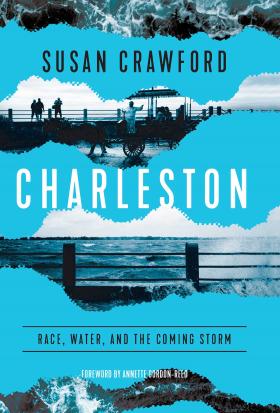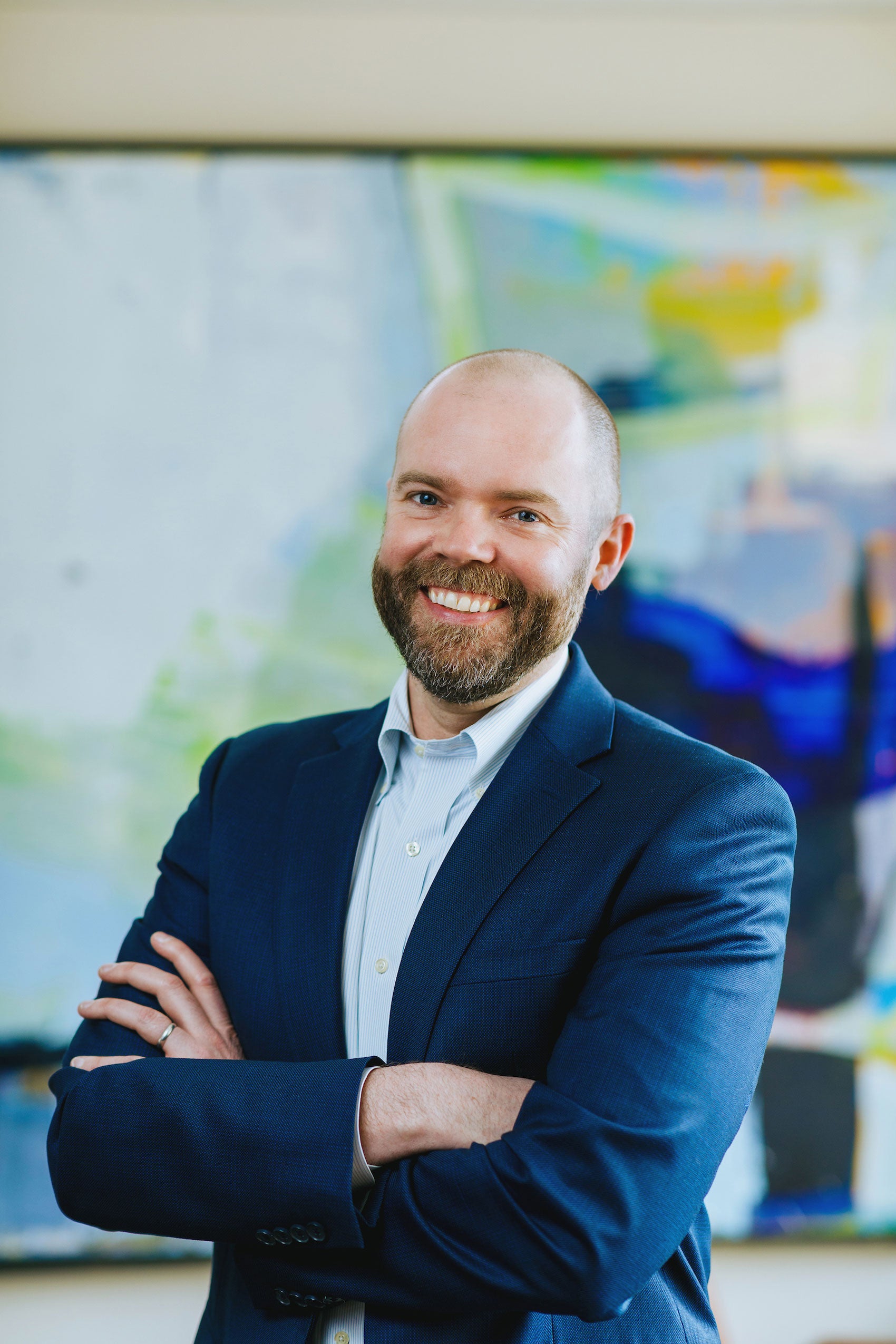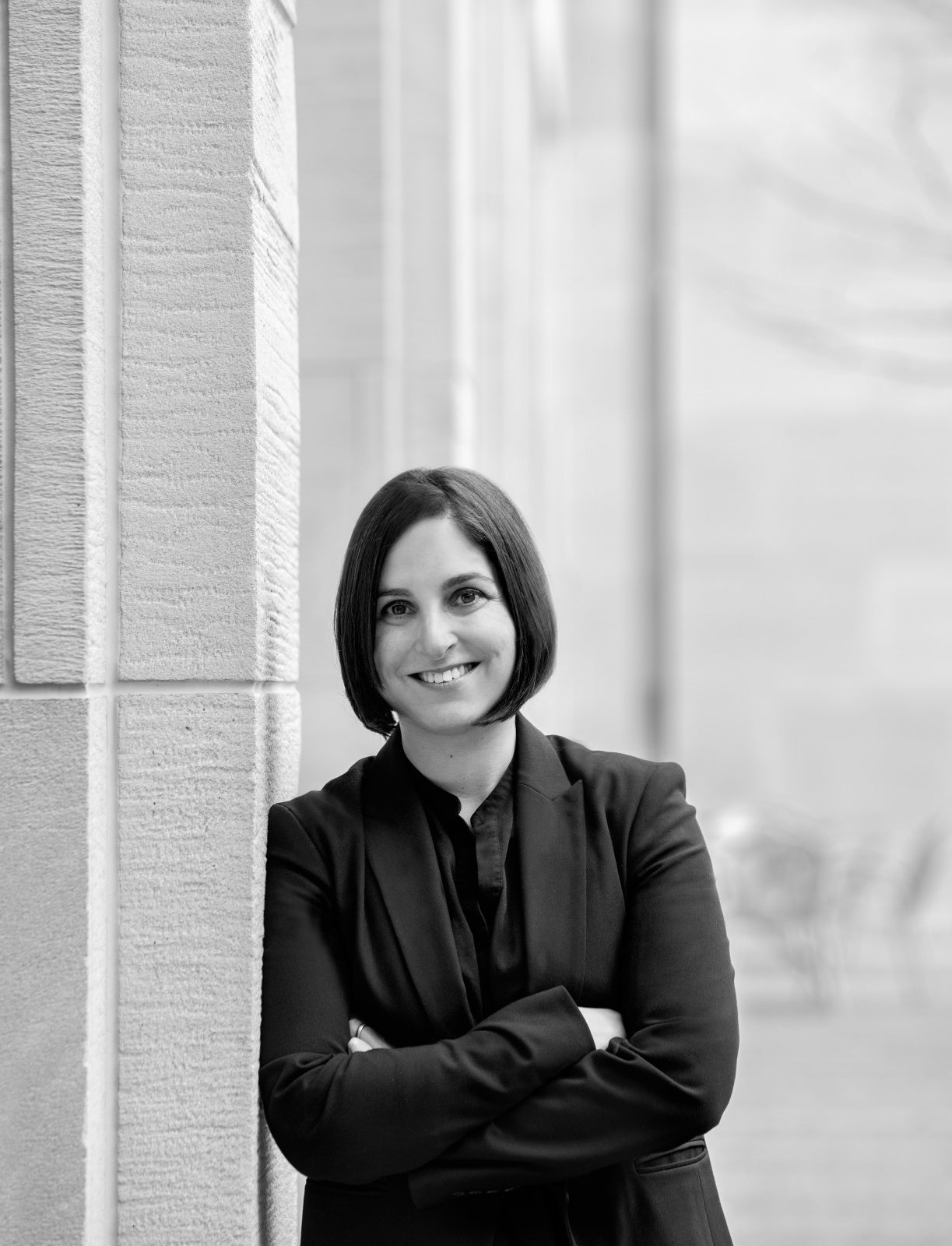This is part two in a series highlighting clinician scholarship.
Harvard Law School’s clinical faculty and instructors are advancing their advocacy by publishing books and critical scholarship in journals nationwide.
This post highlights recent works published by HLS clinicians. If you have recently published an article, please let us know so that we can share your work!
If you are interested in joining the Clinical Writing Partners Initiative, please email Sheryl Dickey. The next workshop is scheduled for Tuesday, August 13, 12:00-1:00 pm.

Susan Crawford, clinical professor of law at the Cyberlaw Clinic, published her book Charleston: Race, Water and the Coming Storm, in 2023.
The book examines the intersection of climate change, racial issues, and urban development in Charleston, South Carolina. Crawford portrays Charleston as a microcosm of broader challenges facing coastal American cities, highlighting the risks posed by rising sea levels and severe storms to vulnerable communities. Through the stories of local residents and leaders, Crawford illustrates the complex interplay between historical racial inequities, rapid gentrification, and the looming threat of climate change, while pointing to the city’s lack of comprehensive planning for a sustainable and equitable future.
“Crawford’s book stands apart from its predecessors because of its sustained focus on one threatened city. Charleston is a fascinating and haunted locale, and Crawford is gifted at sketching its grossness and grace.”
New York Times Book Review

Sabi Ardalan, clinical professor of law and director of the Harvard Immigration and Refugee Clinical Program (HIRCP), and Phil Torrey, clinical professor of law and HIRCP managing attorney, were previously selected to join the Bellow Scholar Program. The Bellow Scholar Program recognizes and supports the research projects of clinical law professors that reflect the ideals of Professor Gary Bellow, one of the founders of the clinical legal education movement. Every two years, the Bellow Scholar Program seeks innovative project proposals from clinical legal educators designed to improve the quality of justice in communities, enhance the delivery of legal services, and promote economic and social justice.

Ardalan and Torrey’s project focused on solitary confinement in immigration detention. They examined how frequently solitary confinement is used in immigration detention and the reasons ICE and detention facilities give for placing individuals in solitary confinement. Ardalan and Torrey focused on whether there are safeguards in place to protect individuals with mental illness from solitary confinement and what treatment options are available. They focused their research on data obtained through FOIA requests and Privacy Act requests from Massachusetts. Given the lack of available public data on the number of immigrants placed in solitary nationwide since 2013, their first goal was to discover how many immigrants have been affected by this practice and the reasons given. They also examined the safeguards and processes in place to screen people before, during, and after they are subjected to these conditions.